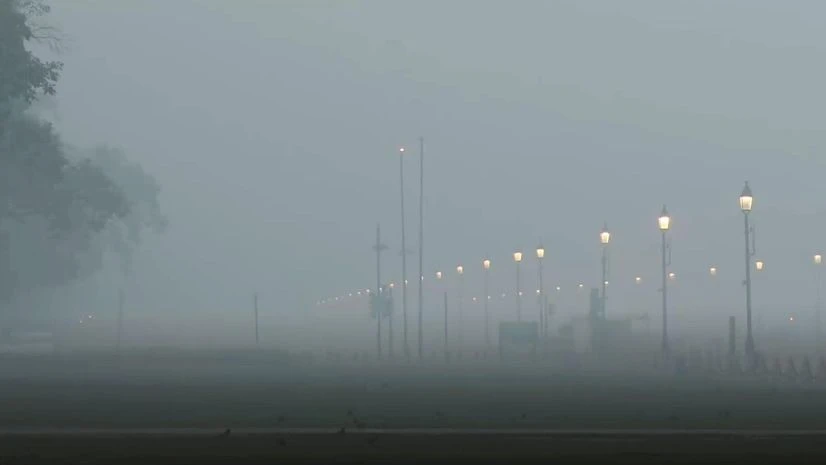The Centre's panel on Delhi-NCR's air quality on Thursday re-implemented stage 3 curbs under the Graded Response Action Plan amid a sharp rise in air pollution levels owing to unfavourable meteorological conditions, according to an official order.
Delhi's air pollution levels showed an increasing trend and the 24-hour average air quality index (AQI) stood at 357 at 4 pm, up from 297 on Wednesday, owing to "calm winds and foggy conditions".
The Commission for Air Quality Management, responsible for strategising air pollution mitigation in Delhi-NCR, directed authorities in the region to immediately implement curbs prescribed under stage 3 to prevent further worsening of the situation.
GRAP Stage 3, which was revoked on Sunday, entails a ban on non-essential construction work.
Classes up to grade V are required to shift to hybrid mode under Stage 3. Parents and students have the option to choose online education wherever available.
Also Read
Under Stage 3, the use of BS-III petrol and BS-IV diesel cars (4-wheelers) is restricted in Delhi and nearby NCR districts. Persons with disabilities are exempt.
Stage 3 also bans non-essential diesel-operated medium goods vehicles with BS-IV or older standards in Delhi.
During winters, the Delhi-NCR region enforces restrictions under GRAP, which categorises air quality into four stages – Stage I (Poor, AQI 201-300), Stage II (Very Poor, AQI 301-400), Stage III (Severe, AQI 401-450), and Stage IV (Severe Plus, AQI above 450).
Unfavourable meteorological conditions, combined with vehicle emissions, paddy-straw burning, firecrackers, and other local pollution sources, lead to hazardous air quality levels in Delhi-NCR during winters.
Doctors say that breathing Delhi's polluted air is equivalent to smoking approximately 10 cigarettes a day.

)